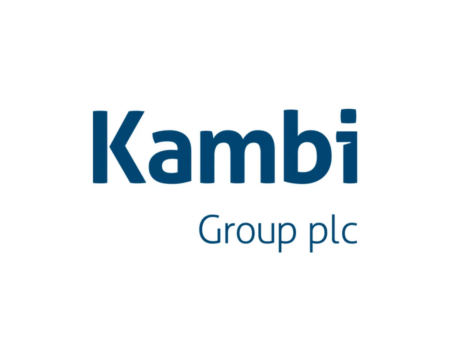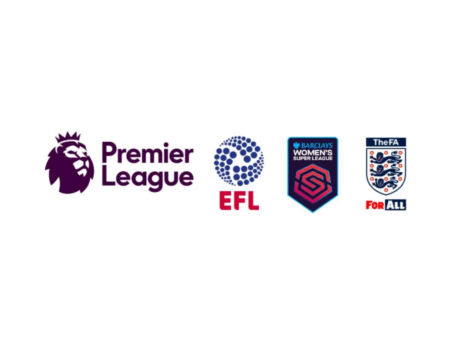In a significant step towards addressing the growing concern of gambling addiction in the United States, Senator Richard Blumenthal of Connecticut and Representative Andrea Salinas of Oregon have introduced the Gambling Addiction Recovery, Investment, and Treatment (GRIT) Act. This proposed legislation marks the first-ever federal funding initiative dedicated to preventing, treating, and researching gambling addiction in the country.
Senator Richard Blumenthal said: “The growing legalization of sports and online betting, paired with the ability to place bets from your phone whenever you want have created a perfect storm for gambling addiction. Dedicated federal resources to tackle problem gambling head-on will provide much-needed support, resources, and treatment for those suffering from gambling addiction. As the number of Americans who are suffering from gambling addiction surges, legislation like the GRIT Act is needed now more than ever.”
Andrea Salinas commented: “Gambling addictions are hurting countless families, children, and communities in Oregon and across America. Yet unlike alcohol and drug addictions, there are currently no federal funds devoted solely to helping stop problem gambling. Our legislation will deliver much-needed resources to states and nonprofits, promoting new research and ensuring more people can get into treatment and recovery. This is a commonsense solution and I urge my colleagues to join us in supporting it.”
With an estimated 7 million American adults affected by gambling addiction, the social and economic consequences are staggering, amounting to an annual cost of approximately $7 billion. Despite a 30% increase in the risk of gambling addiction between 2018 and 2021, there is currently no federal funding specifically allocated to gambling addiction treatment or research.
The GRIT Act seeks to fill this void, recognizing gambling addiction as a public health crisis. Susan Sheridan Tucker, President of the National Council on Problem Gambling (NCPG) Board of Directors, praised the legislation, stating, “The GRIT Act reflects a pivotal step towards long-overdue support for those grappling with gambling addiction.”
Susan continued: “We commend Senator Blumenthal and Representative Salinas for their dedication to addressing the burgeoning public health crisis of gambling addiction. The NCPG stands in full support of this legislation, recognising its potential to make a lasting difference in the lives of individuals and families across the nation.”
The GRIT Act’s main components include allocating 50% of current federal sports excise tax revenue for gambling addiction treatment and research. The money would be managed by the US Department of Health and Human Services, with 75% distributed to states for prevention and treatment through the Substance Abuse Prevention and Treatment Block Grant program.
25% of the funds will be allocated to the National Institute of Drug Abuse to support research grants focused on gambling addiction. The proposed law permits expenditures over a ten-year period and requires a report to be submitted to Congress assessing the program’s efficacy within three years of its enactment.
Crucially, the GRIT Act leverages existing federal excise tax revenue and operates within the existing Health and Human Services framework, avoiding tax increases or additional bureaucracy. The NCPG, actively engaged in responsible gambling and addiction prevention initiatives, voiced strong support for the legislation, recognizing its potential to make a lasting difference.
In December 2023, the NCPG partnered with SG:certified to streamline the evaluation process of its Internet Compliance Assessment Program (iCAP), a US accreditation for player protection in online gambling. The organization also disclosed its Fall 2023 Agility Grants, disbursing $176,000 among five non-profit entities engaged in pioneering approaches to mitigate and tackle issues related to problem gambling. This aligns with NCPG’s commitment to delivering more than $1 million in financial support from 2022 to 2024, with backing from entities such as the NFL Foundation and the online gambling platform FanDuel.

















